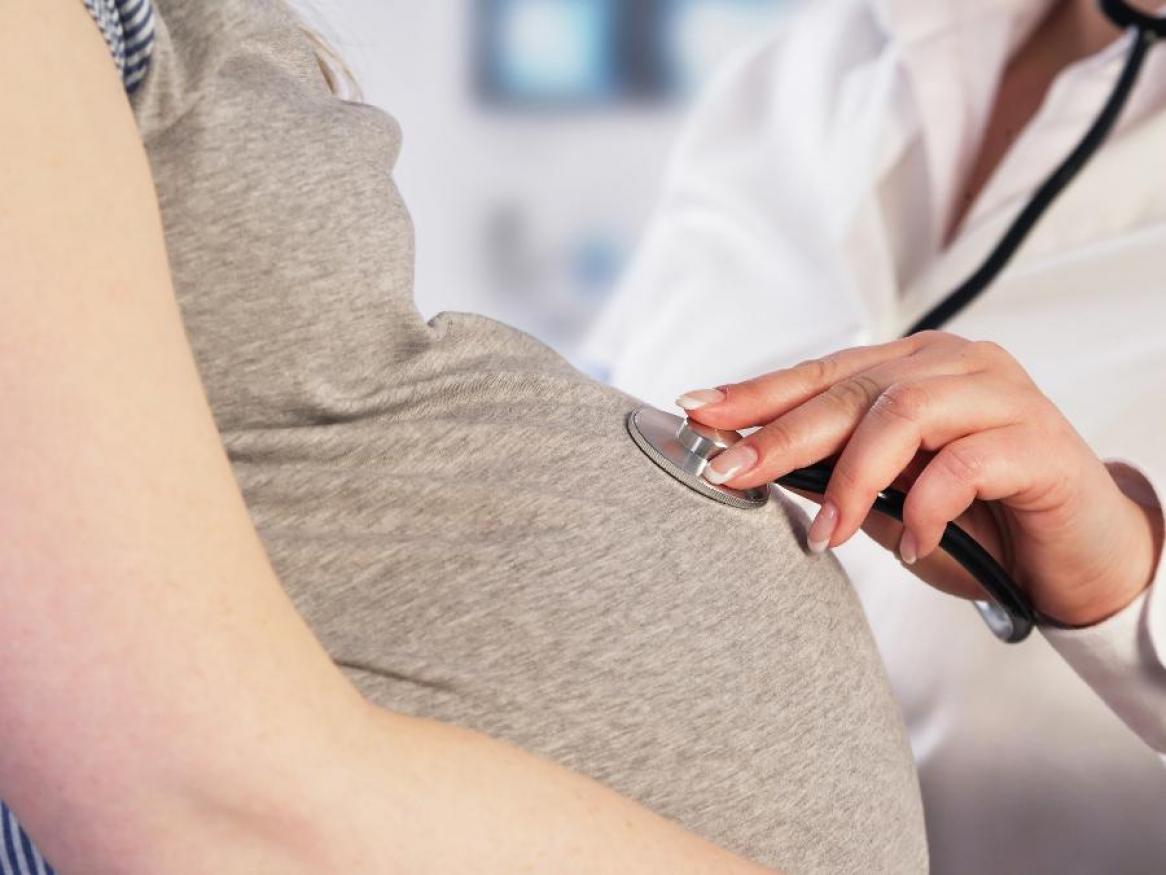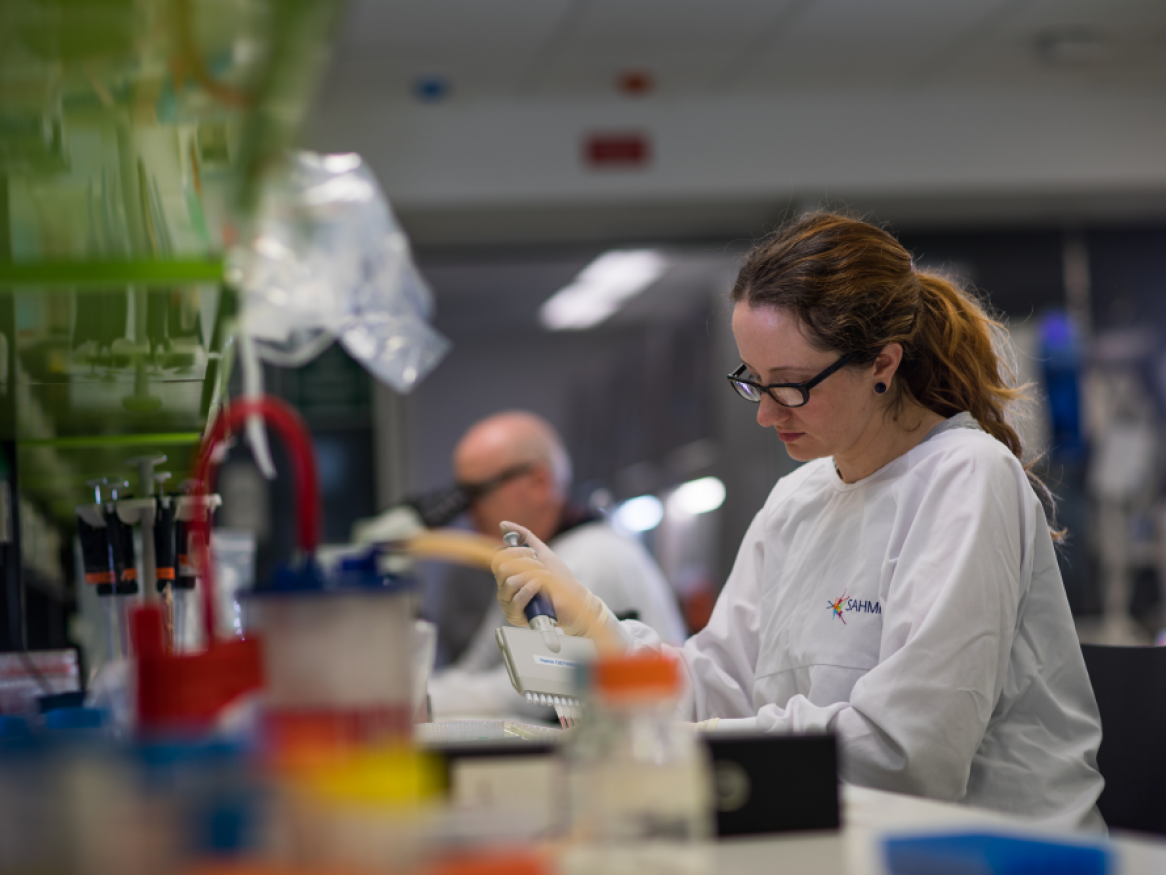Reproductive Immunology Group
We are interested in what activates the female immune system at the time of conception, allowing for the conferral of immunological tolerance before the embryo implants into the uterus.
In pregnancy, the female immune system recognises the fetus as foreign and as such, special adaptation is required to prevent rejection. An active state of immunological tolerance must be present to allow embryo implantation and development. Many common reproductive and pregnancy disorders—including unexplained infertility, recurrent miscarriage, preeclampsia and preterm birth—have their origins in immune and inflammatory disturbances that impact on placental development and leave the fetus vulnerable to immune and inflammatory attack.
The Reproductive Immunology Group focuses on events at conception that elicit a sequence that acts to stimulate the generation of regulatory T cells (Treg cells). Treg cells are anti-inflammatory and protect the implanting embryo and developing placenta.
We have made substantial progress in understanding molecular pathways by which the immune response contributes to pregnancy and offspring health. Our work has demonstrated that the male partner makes an important contribution to the peri-conception environment.
We are expanding our studies to explore how both sperm and seminal plasma factors interact with cells in the female reproductive tract, regulating gene expression to impact pathways that control uterine receptivity to embryo implantation.
Additionally, we are investigating new drug compounds for tackling preterm birth. Small molecules that block Toll-like receptor 4, and/or peptide antagonists of IL-1 signalling, suppress the pro-inflammatory pathway activated by infection or by sterile insults. These agents are showing great promise in inhibiting the steps that would otherwise lead to premature birth.
Interested in a postgraduate research degree?
We offer exciting opportunities for researchers at the honours, masters and PhD levels. Our research degrees are open to students from a broad range of backgrounds, and range from basic sciences to clinical research. If you are interested in human health, consider furthering your research career with us.





